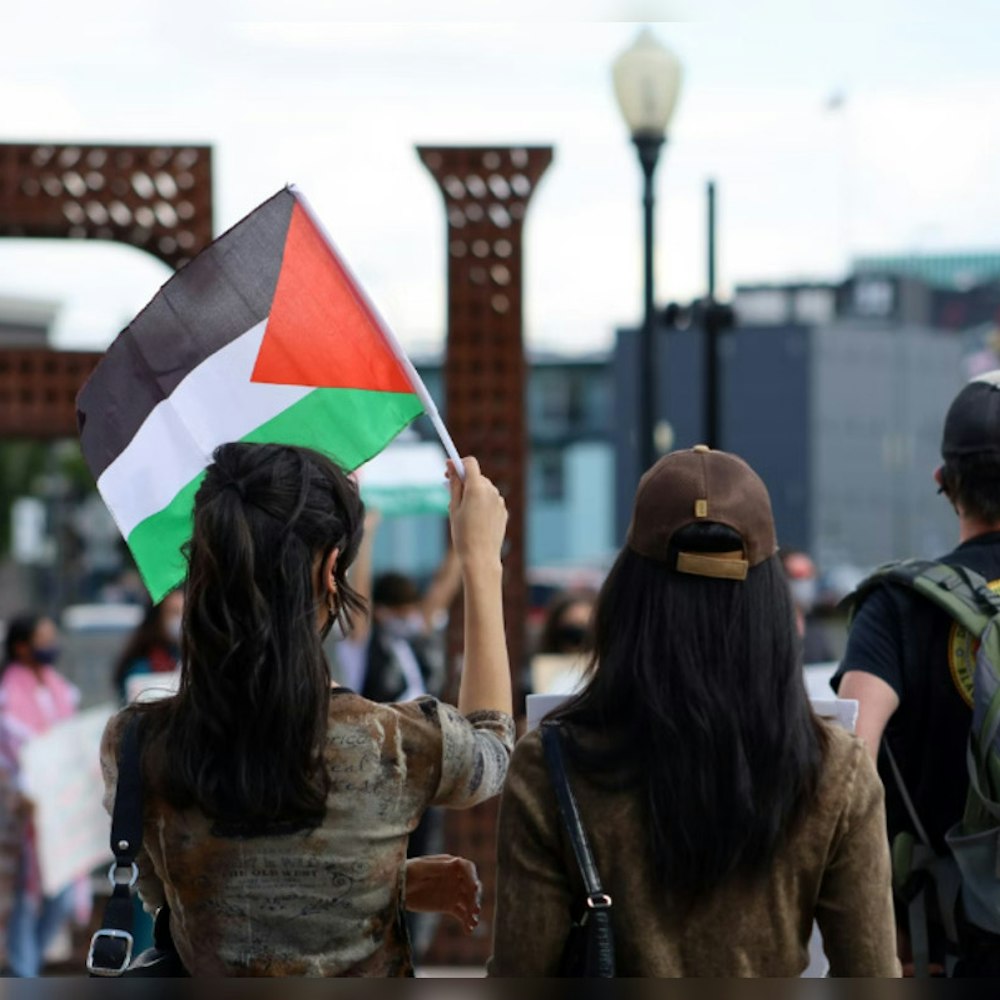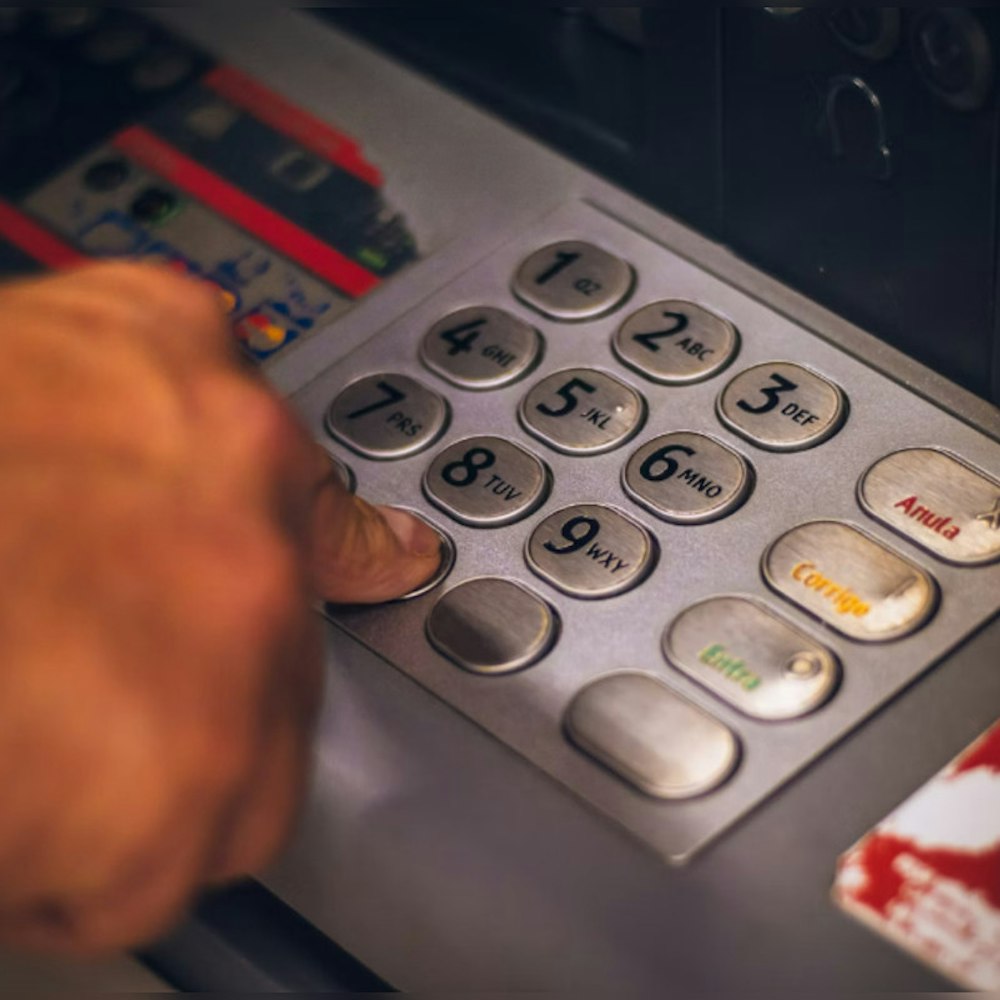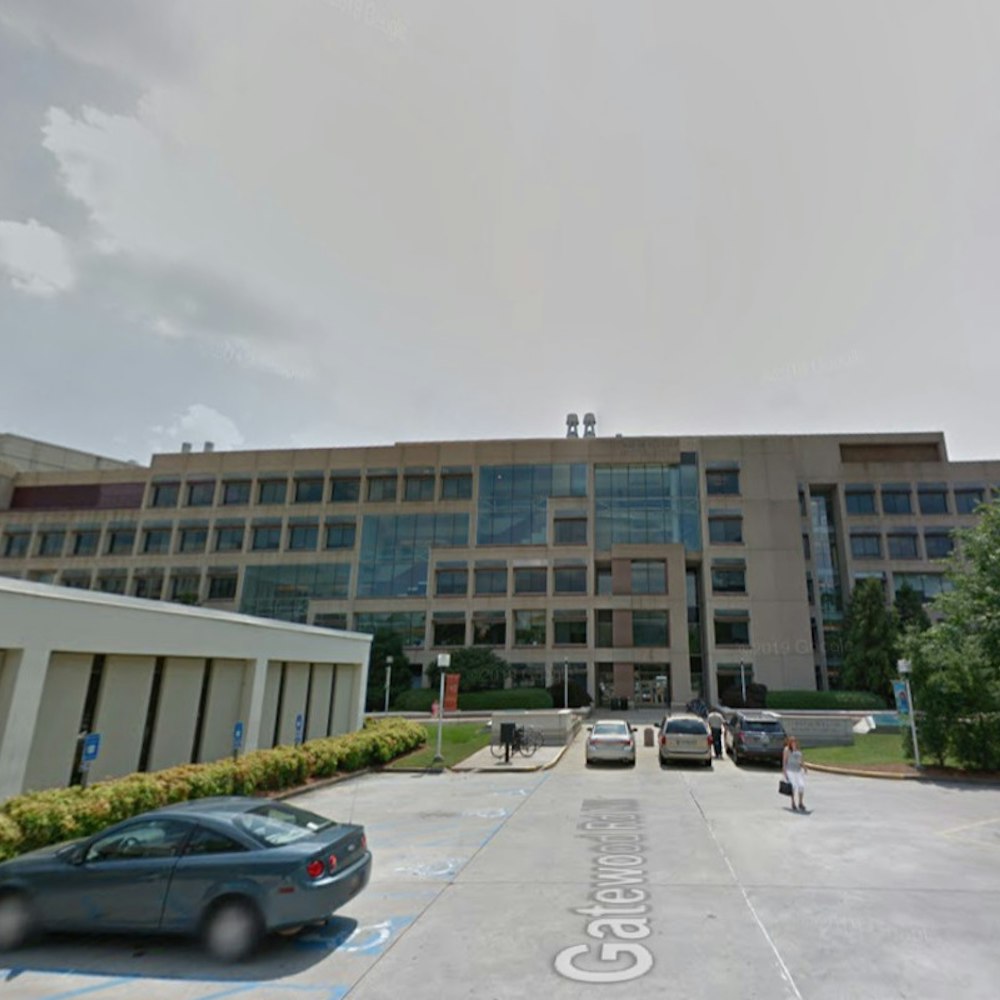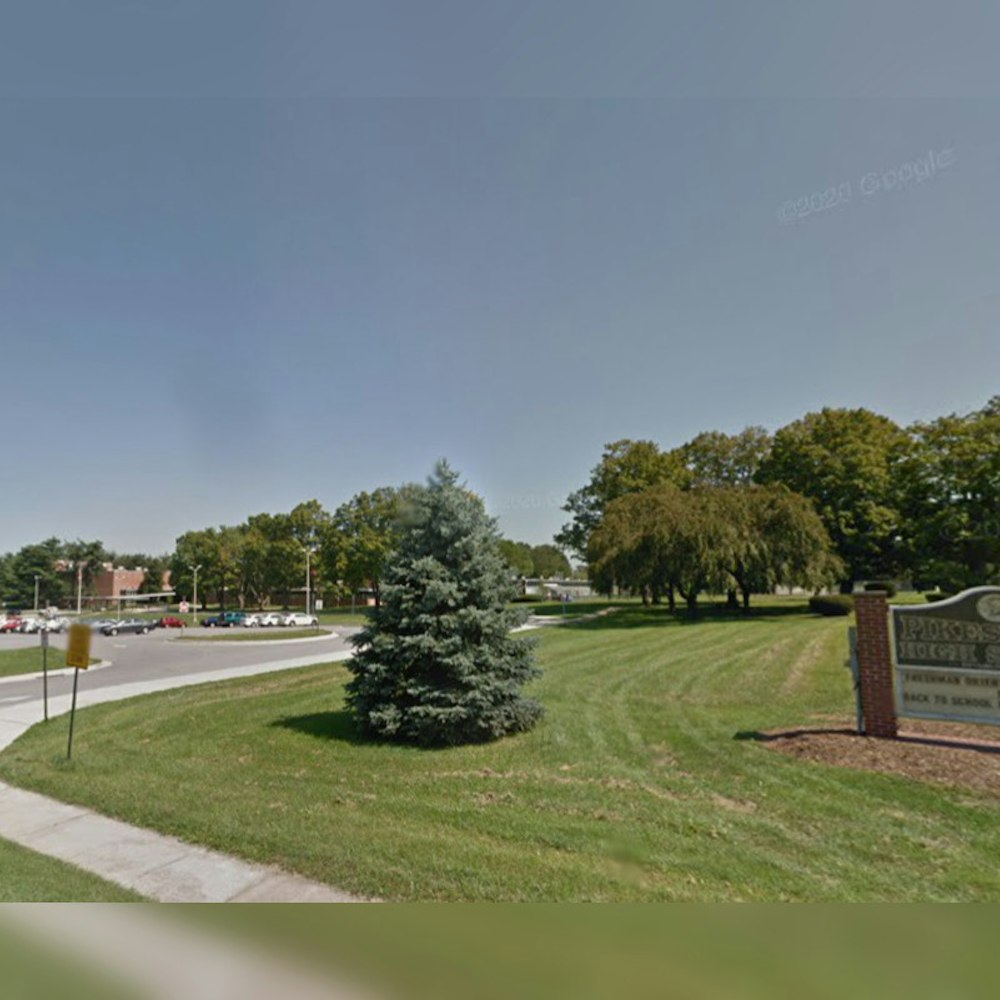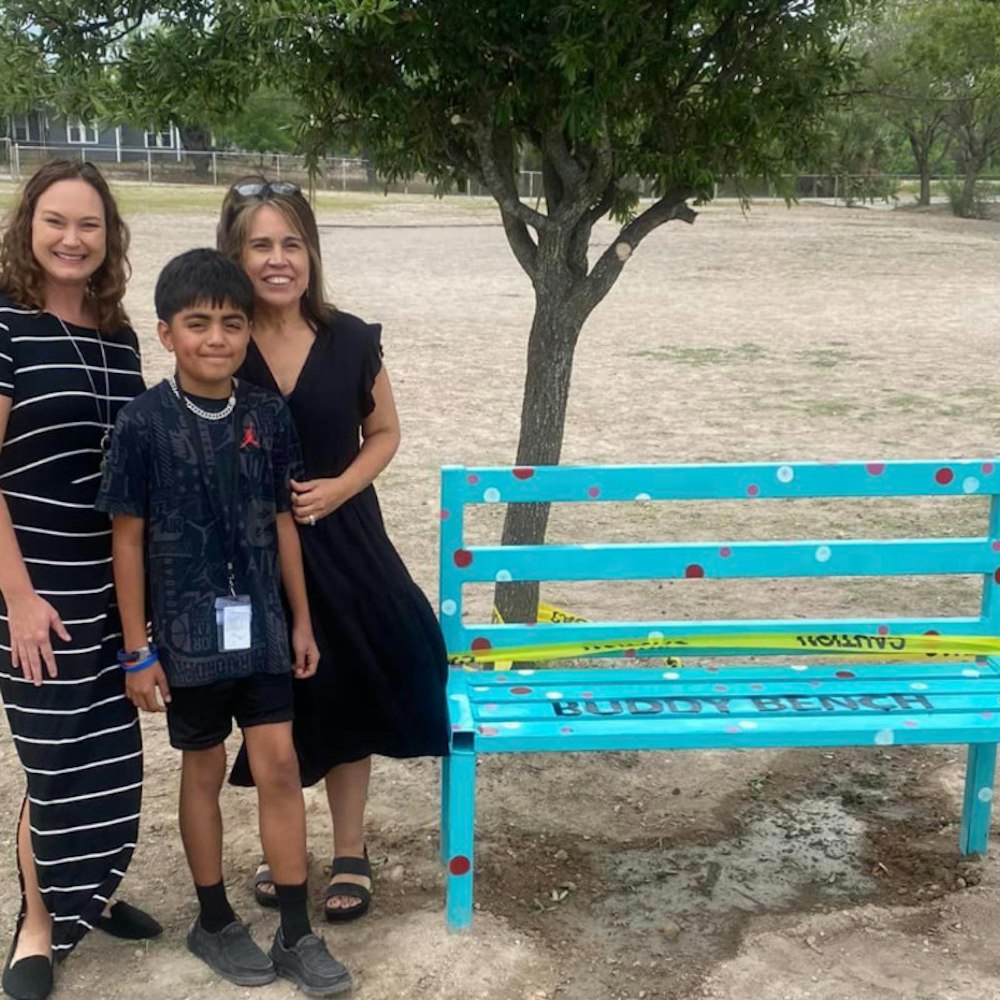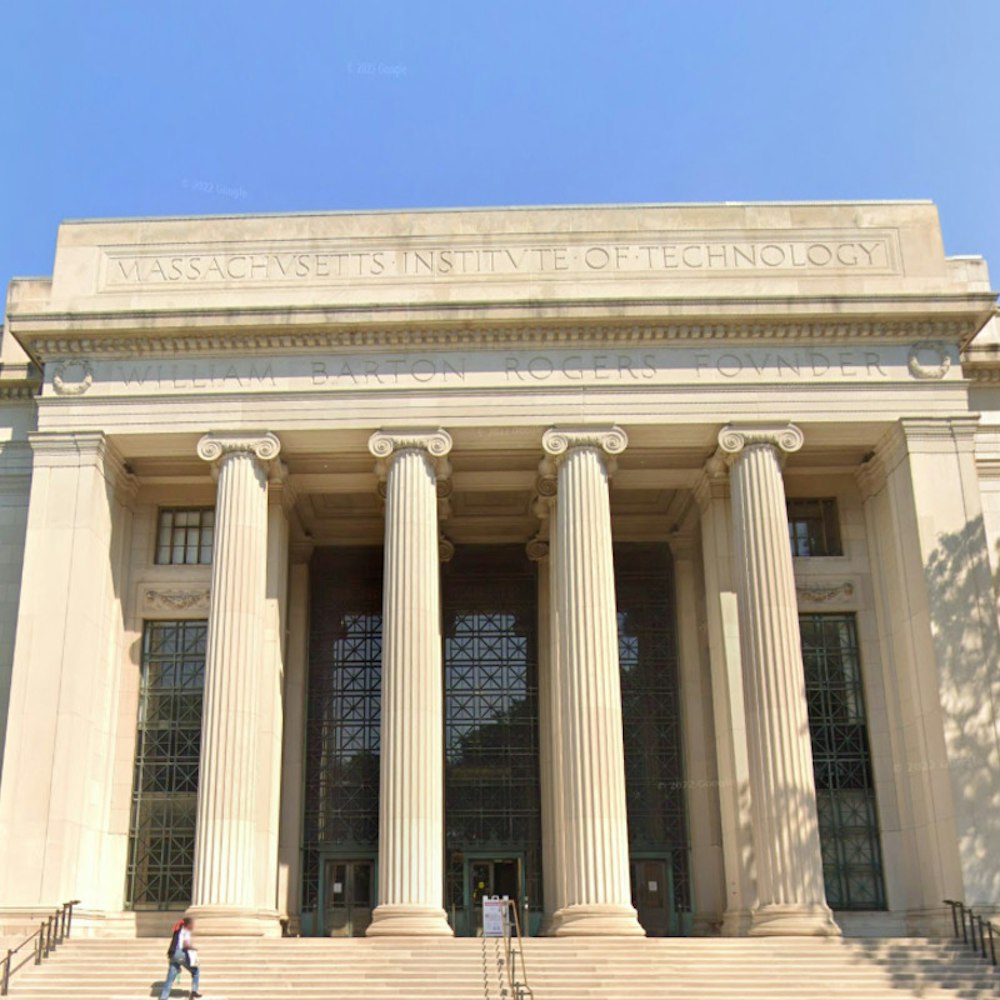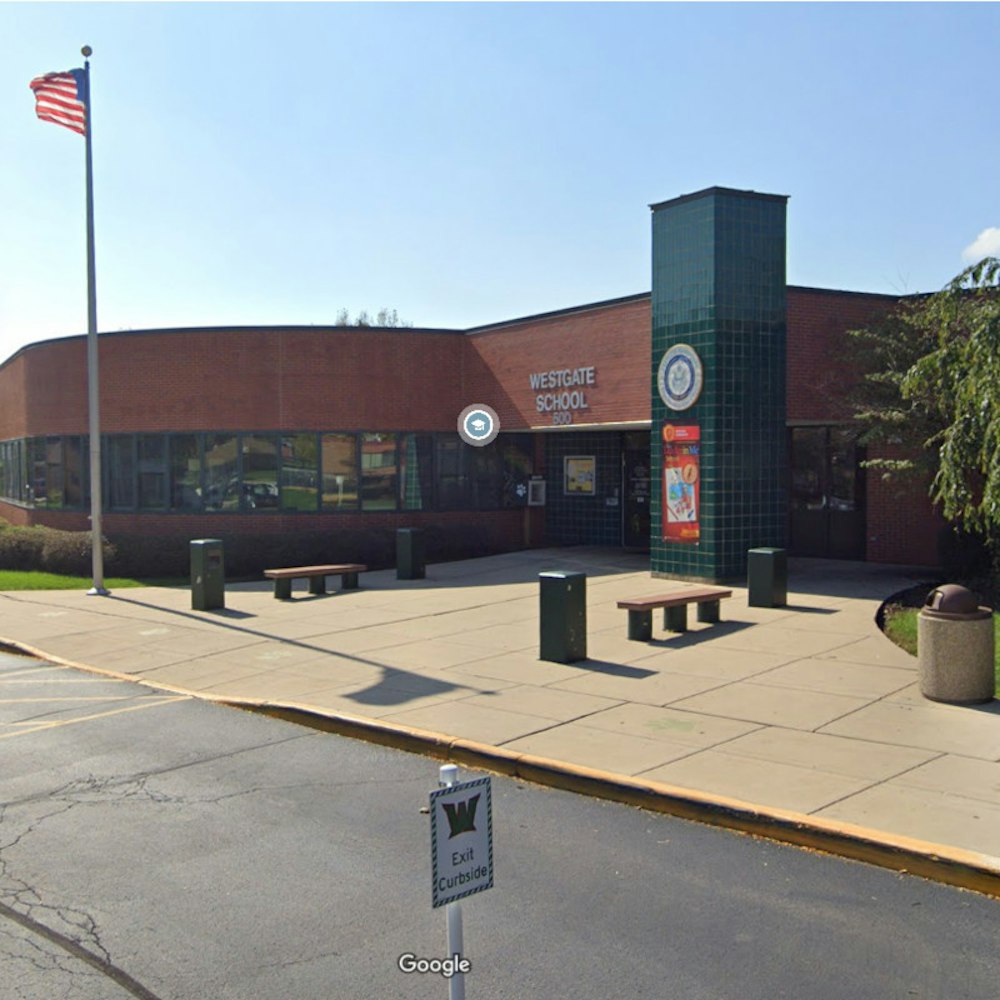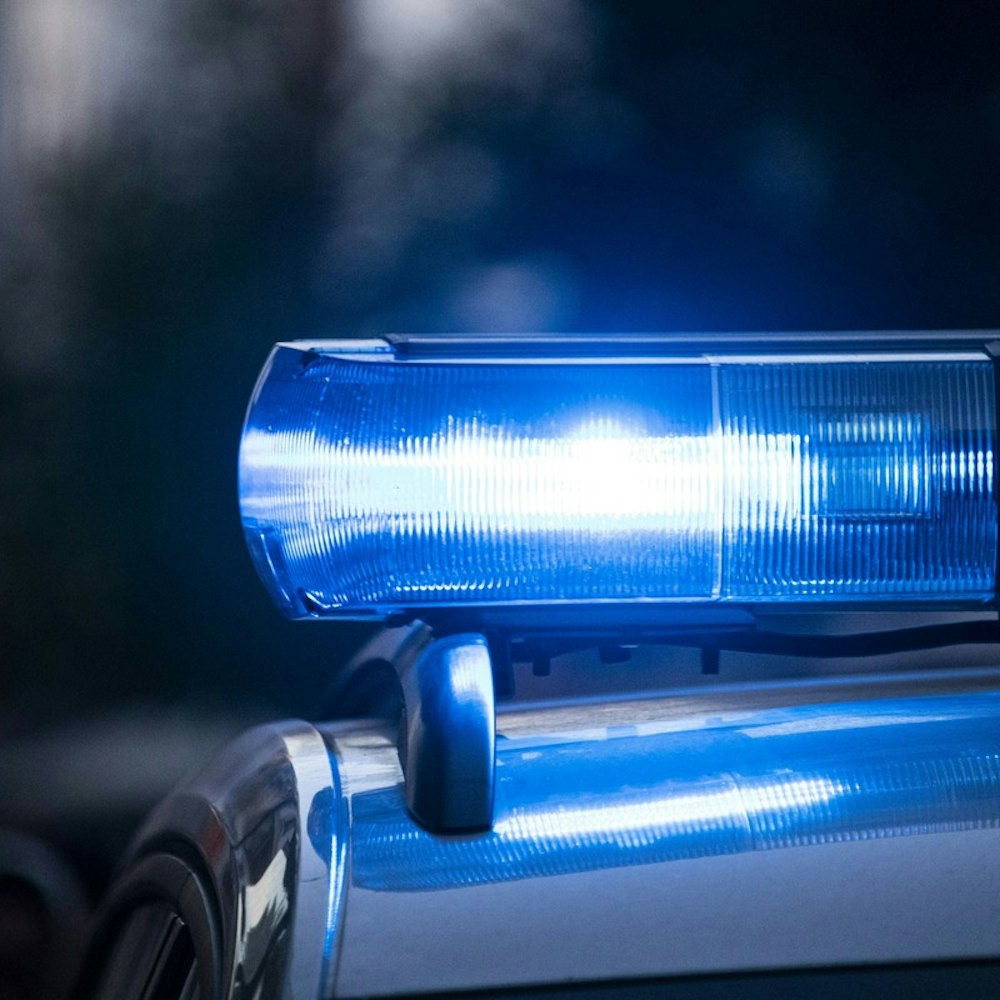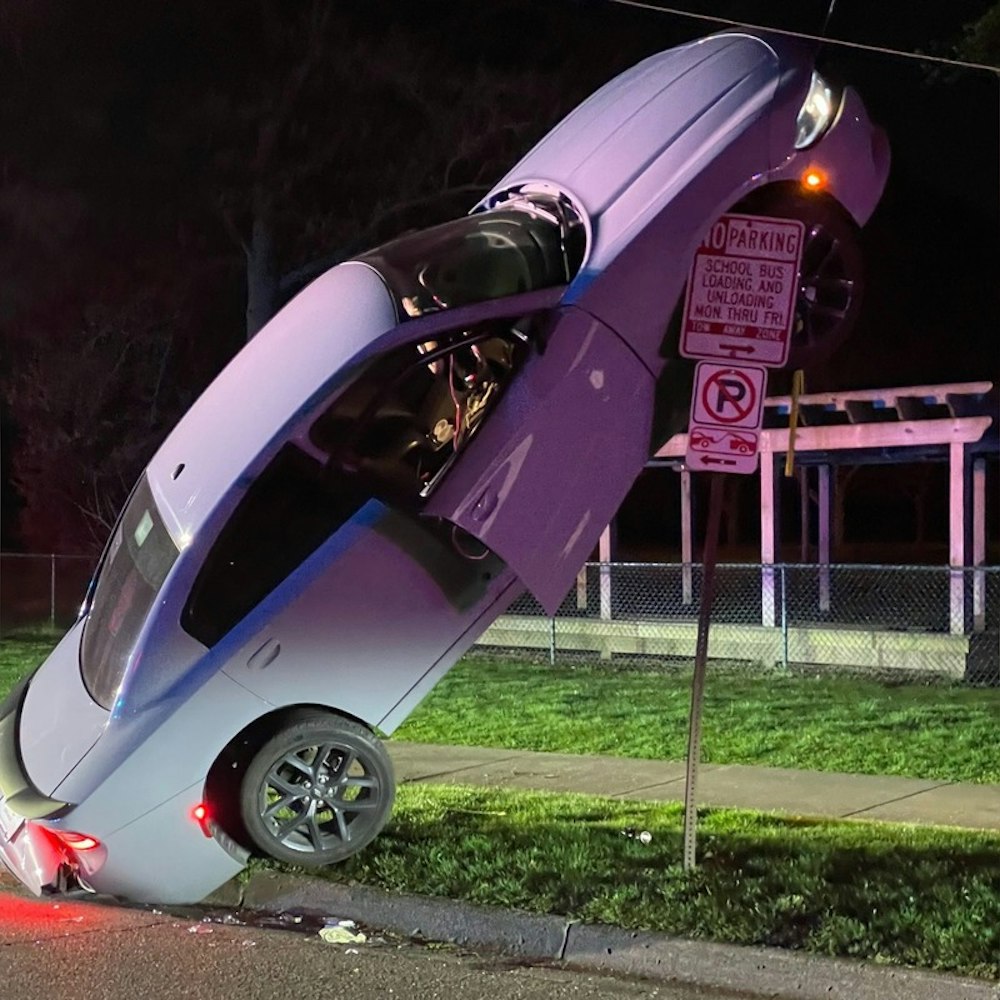
Last week the Castro/Upper Market Community Benefit District (Castro CBD) delayed a vote to accept a private grant for the installation of a network of security cameras after significant community pushback.
Hoodline readers will recall it was back in September that we broke the news about the proposal.
At its October 8 virtual board meeting, the Castro CBD was set to discuss and approve a $695,000 grant from tech entrepreneur Chris Larsen to install 125 security cameras. Larsen will be donating an additional $50,000 to the Castro CBD's public safety ambassador program.
Ultimately, the Castro CBD board voted to delay the vote and send discussion back to its Services Committee on October 22.
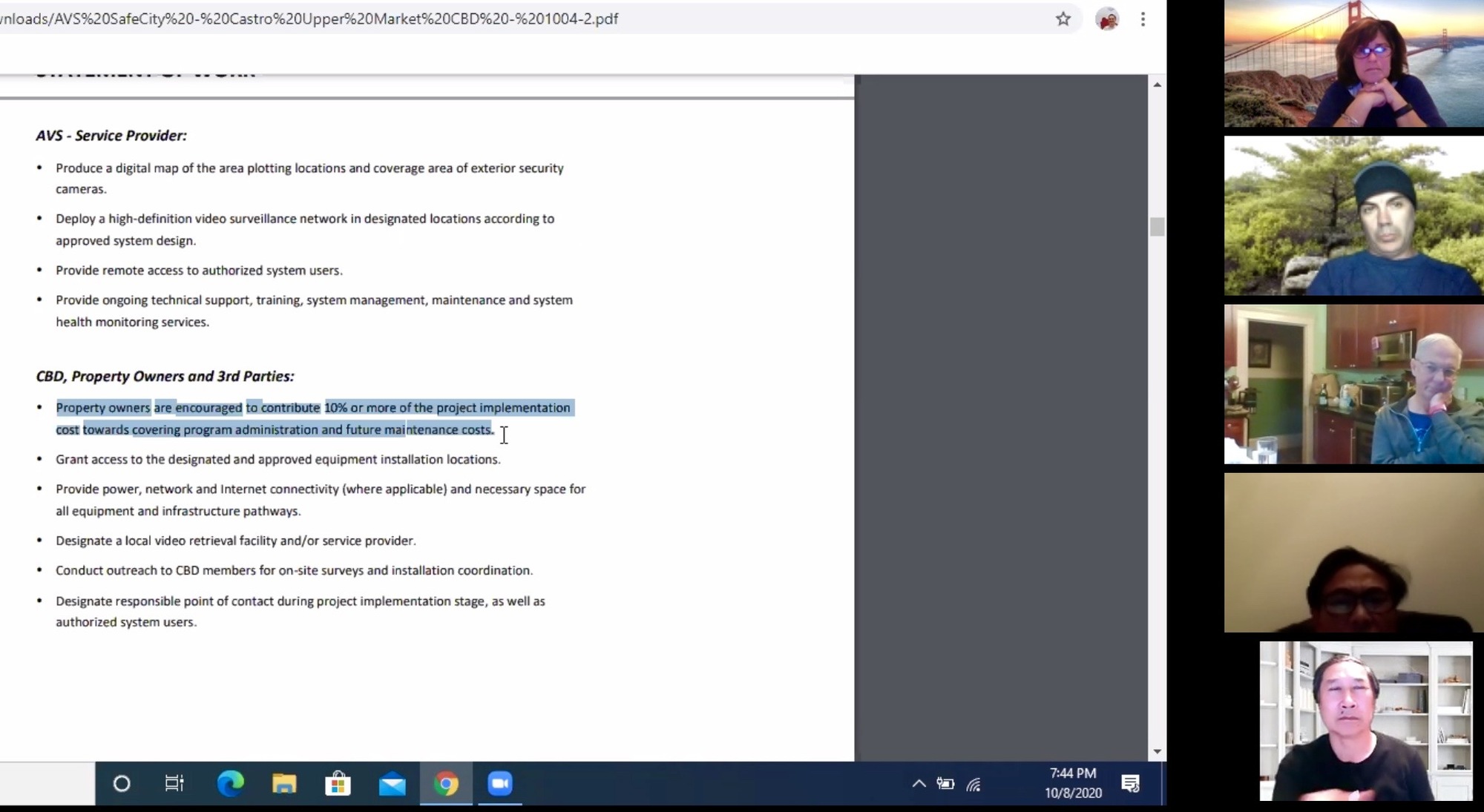
Ahead of last week's Castro CBD meeting, the Harvey Milk LGBTQ Democratic Club sent a strongly worded letter urging the board to reject the proposal.
"We have serious concerns about this proposal and urge you to reject these funds or at least postpone your vote to allow a broader coalition of concerned citizens to engage in this process," wrote the Milk Club executive board.
"Surveillance technology has been used repeatedly in the Castro to target and harass the LGBTQ community," added the Milk Club. As examples, the Milk Club cited the use of surveillance cameras in the late 1980s against ACT UP members and in the mid 1990s to shut down Dennis Person’s Cannabis Buyer’s Club.
During the meeting the proposal also received significant opposition from a small group of community members.
Harvey Milk Club board member Lee Hepner told Hoodline, "The whole concept of a sophisticated surveillance network throughout the Castro is contrary to the values that have made the neighborhood a beacon for creative self-expression."
"These cameras will create a new culture of restraint," added Hepner. "Why should the CBD get to make this choice on its own without any input from the broader community which has no shortage of amazing community leaders and organizers?"
"My concern stems from the fact that these cameras will be installed on private property and there will be little safeguards footage accessibility or preventing vigilantism," said Stephen Torres, community member and Castro LGBTQ Cultural District (CQCD) interim secretary. [Full disclosure: Steven Bracco, Hoodline's Castro reporter, is a board member of the CQCD.]
"Historically, surveillance was a tactic law enforcement used against the LGBTQ community and it should give us considerable pause at adopting the same tactics, no matter how well-intentioned," Torres added.
Castro CBD executive director Andrea Aiello previously told Hoodline she's heard from numerous business owners and residents who've been dealing with smashed windows and break-ins for years, and would like to see the cameras installed.
Aiello did not respond to Hoodline's request for comment on this story.
Jesse Oliver Sanford, a CQCD board member, echoed the above concerns, saying, "Today, San Francisco bans SFPD use of facial recognition, but once those cameras are installed, they will collect images at high enough resolution... to identify you not just from your face but from the patterns in your iris."
"Aiello and several people on the CBD board seemed to think it would be acceptable to take Chris Larsen’s money without public input," added Sanford.
"By the time the cameras are installed, the cat is out of the bag regardless of CBD's ineffectual and barely relevant policies," said Sanford.
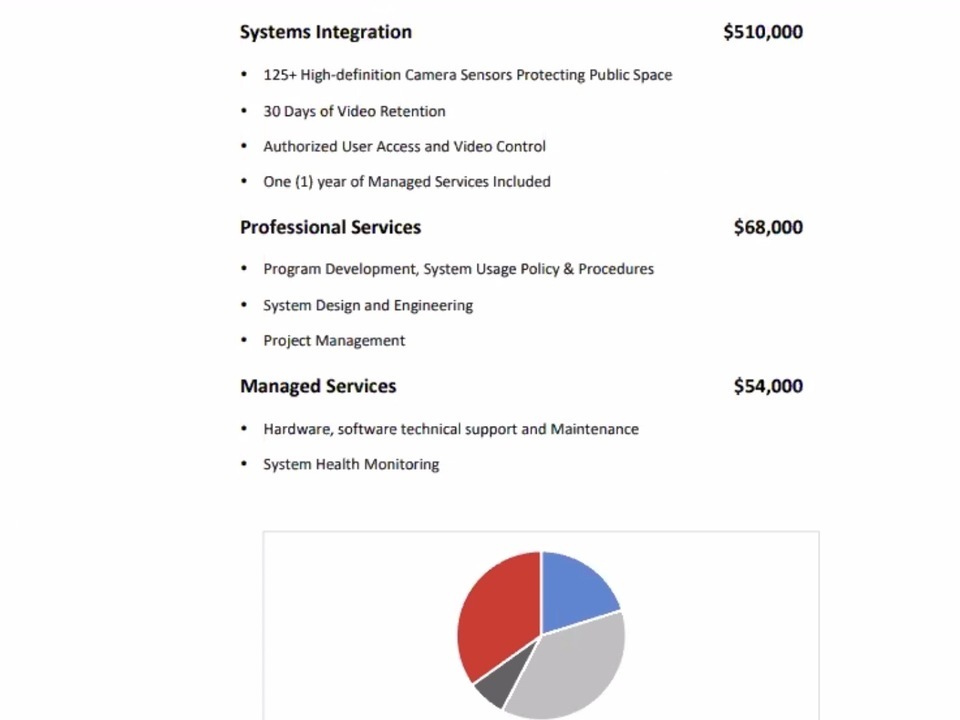
Hoodline readers will recall Larsen, who lives in Russian Hill, is the co-founder of cryptocurrency company Ripple and mortgage lender E-Loans. Larsen has been gifting security cameras to the city's community benefit districts since 2012, and his network now spans 1,000 cameras.
Larsen's camera network is currently spread across five CBDs in the city: Fisherman's Wharf, Japantown, Mid-Market, the Tenderloin and Union Square. The Lower Polk CBD also has a camera network that was funded independently.* If approved, the Castro CBD would be the seventh district to be wired with these cameras.
Maintained by Mission-based Applied Video Solutions (AVS), the cameras would only be installed on homes and businesses with their owners' permission. Larsen's donation would also finance one year of maintenance.
The use of this type of widespread surveillance continues to alarm privacy and civil rights experts. Just last week, three protestors along with the American Civil Liberties Union sued the city of San Francisco after police reportedly accessed the Union Square Business Improvement District's (USBID) network of security cameras to surveil and prosecute protesters and alleged looters back in late May, during the unrest following the killing of George Floyd.
One of the lead plaintiffs in the lawsuit is Milk Club board member Hope Williams. "[T]his pending lawsuit should cause the Castro Community Benefit District to think twice before going down a similar hazardous path," the letter says.
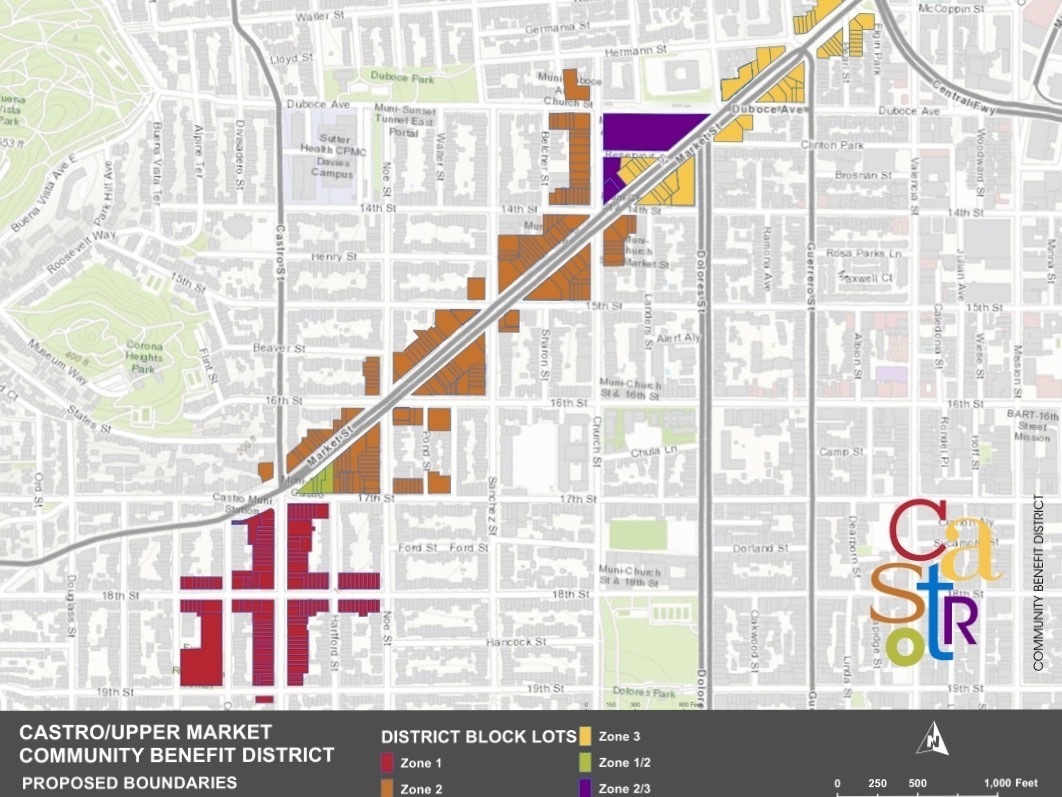
Previously, Aiello had told Hoodline that the Castro CBD would conduct significant community outreach ahead of its decision to install the cameras. However, no outreach has been completed since that time.
During the meeting Aiello clarified that the Castro CBD would only conduct outreach to develop policies and protocols on how the security camera footage is accessed and shared.
Aiello explained the decision to install the security cameras will be up to the Castro CBD and individual property owners.
District 8 Supervisor Rafael Mandelman tells Hoodline he understands concerns from merchants about crime and privacy concerns from individual citizens. Mandelman tells Hoodline he's pleased to see the Castro CBD take more time to discuss and consider this proposal.
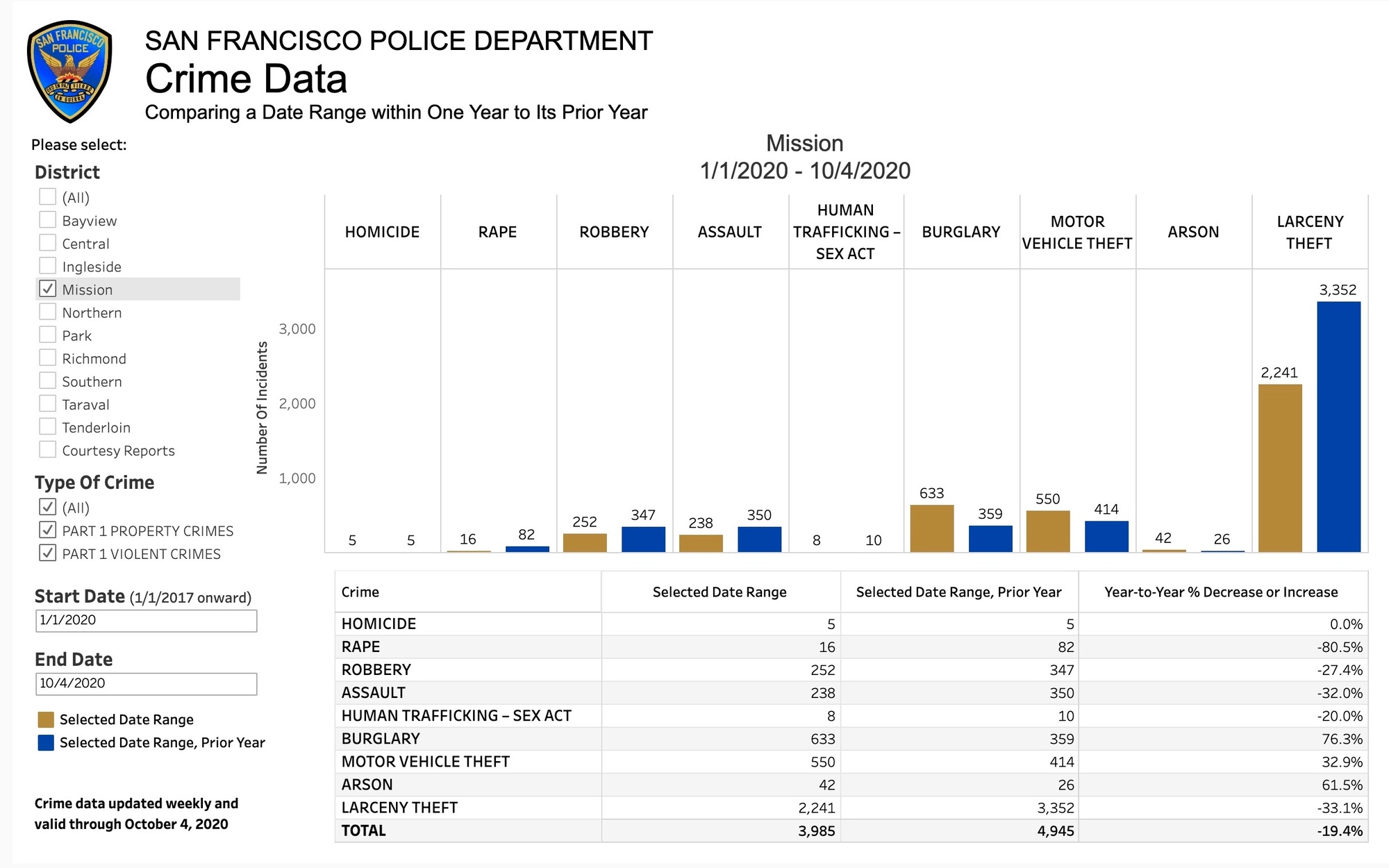
Compared to 2019, burglaries in the Mission Police District (which includes the Castro) are up 76.3%. Vehicle thefts are up 32.9%, and arsons are up 61.5%.
Not every crime category has increased — assaults and robberies are down, likely due to fewer people getting out and about during shelter-in-place.
During the meeting Aiello pointed towards the Castro Street Cam, installed in 2017, as an example of security cameras that already exist in the neighborhood.
The four camera system, with two at Cliff's Variety, one at Jane Warner Plaza and another pointed at Castro Station and Harvey Milk Plaza, is owned by the San Francisco Bay Times.
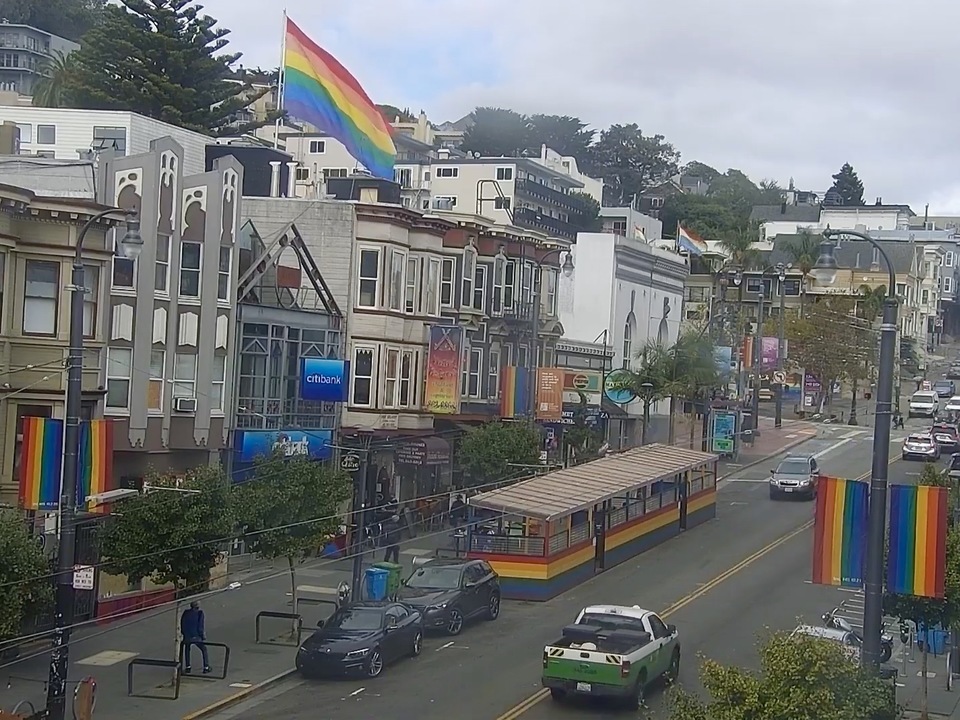
Castro CBD board member Helen McClure also questioned concern over the installation of security cameras referencing the abundance of security cameras already in the neighborhood at stores like Walgreens.
While similar, community members asserted the cameras installed by AVS would provide high definition footage far superior in quality to standard in-store security systems. Although the security camera footage would not have facial-recognition technology (which is banned in San Francisco).
Castro CBD board member Daniel Bergerac was reluctant to approve the security cameras and raised concerns about the cost of maintaining the system once the private funds run out.
As previously reported, the Tenderloin Community Benefit District spends approximately $160,000 annually on its 90-camera system.
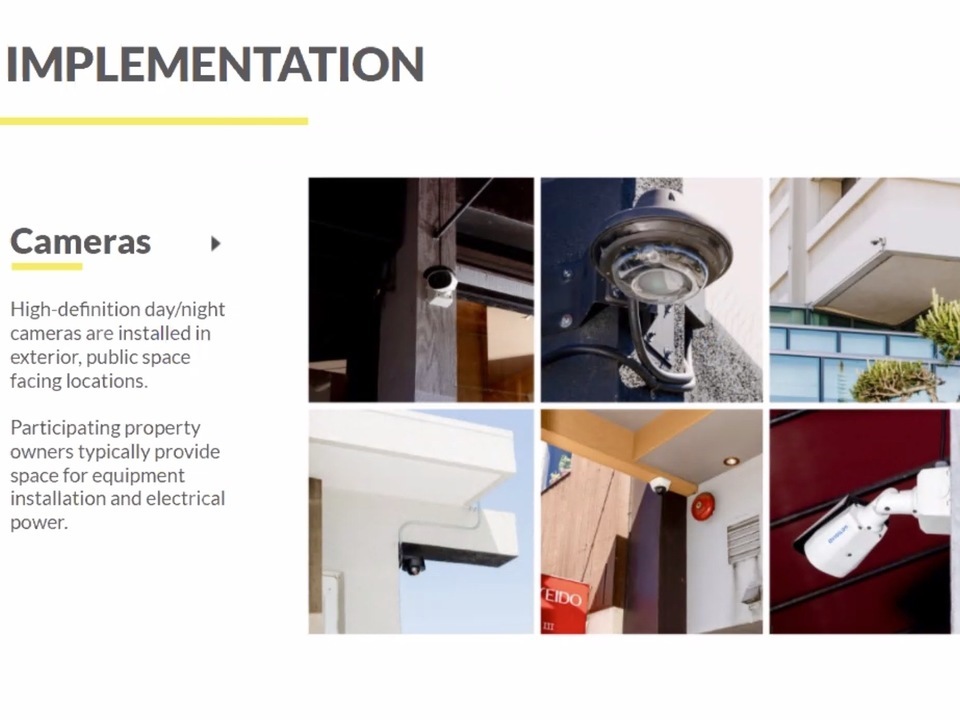
Earlier this summer the Castro CBD was renewed by property owners for another 15-year term. The CBD uses tax assessments from these property owners to clean and brighten the neighborhood, promote public safety and lobby for larger, city-funded improvements. Those city grants, along with private donations, help flesh out its overall budget.
But with the city's budget deficit ballooning and a recession underway, the CBD has had to cut back significantly on spending. Its 2020-2021 budget is $866,274, down from $1.1 million in 2019-2020. (That's despite a sizable increase in the assessment fees on property owners, which rose from $534,000 in fiscal year 2019-2020 to $819,403 in fiscal year 2020-21.)
"I’m pleased the Castro CBD chose not to rush into this hugely consequential decision and that the Milk Club looks forward to participating in a community-driven discussion about this," said Hepner.
The next meeting about the cameras will be on Oct. 22 at 10 a.m. at the Castro CBD's Services Committee. The virtual meeting is open to the public.
*This article has been corrected to show that the Lower Polk CBD has a camera network that was funded independently of Larsen.
